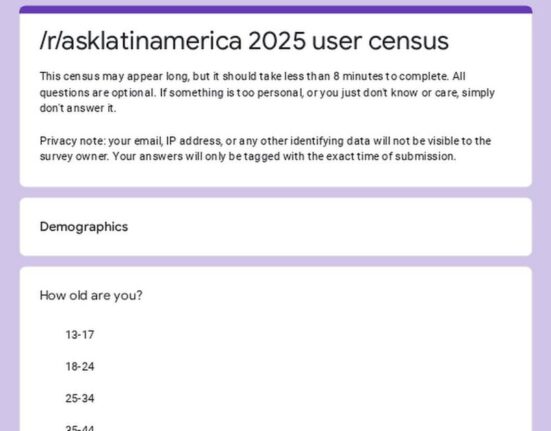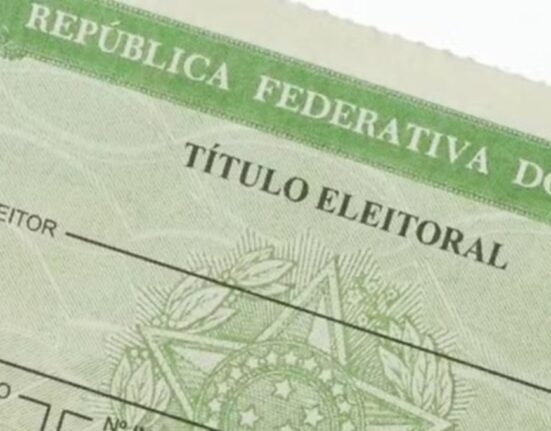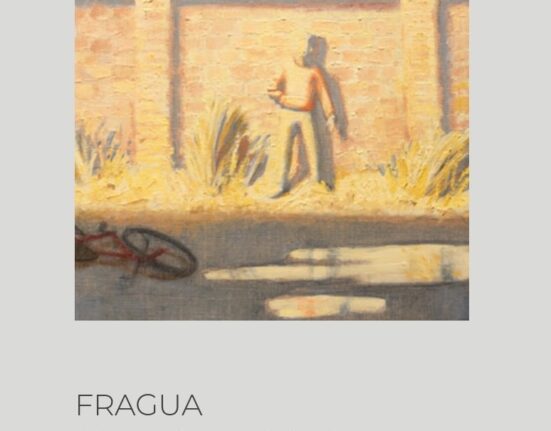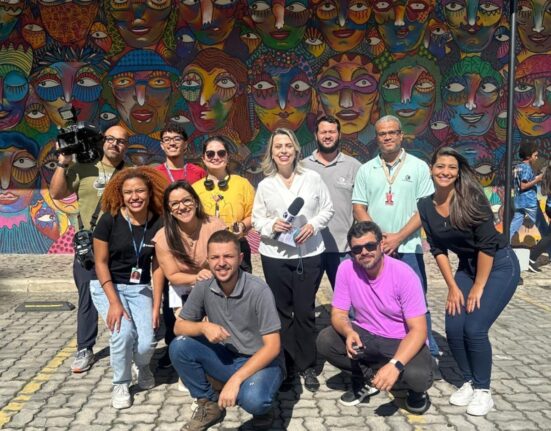The city of Marília recently declared a state of public health emergency in response to a significant surge in cases of Severe Acute Respiratory Syndrome (SARS). The local Public Health Department took this decisive action following a staggering 65.9% rise in SARS-related visits to the 24-hour Emergency Care Units (UPAs) between January and April. What started as 1,658 consultations in January escalated to 2,751 by April, highlighting the escalating health crisis gripping the region.
Among the most affected demographics are children, with over 1,150 pediatric cases treated in UPAs just in April alone. This alarming trend underscores the urgent need for proactive measures to curb the spread of respiratory illnesses in the community.
The surge in SARS cases has prompted the municipal authorities to extend the emergency declaration for 90 days, with the possibility of further extensions based on epidemiological trends and healthcare service demands.
In the face of this escalating health crisis, the Municipal Health Department issued a press release emphasizing the critical importance of preventive measures. These include widespread vaccination against Influenza A, now available for individuals aged 6 months and older at local Basic Health Units (UBSs). Additionally, residents are urged to practice good respiratory hygiene by wearing masks, maintaining proper hand hygiene, and avoiding crowded indoor spaces, particularly during periods of low temperatures.
It is essential that the community remains vigilant and proactive in adopting these preventive measures to safeguard public health and reduce the burden on healthcare facilities.
The predominant cause of respiratory-related deaths among the elderly is Influenza type A, underscoring the importance of vaccination as a key preventive strategy. By expanding flu vaccination campaigns to the general population, Marília aims to enhance community immunity and mitigate the impact of respiratory illnesses during this critical period.
As the city grapples with the repercussions of this health emergency, it is crucial for residents to prioritize their health and well-being by adhering to recommended preventive measures. By fostering a collective commitment to public health, the community can work together to overcome this challenging situation and emerge stronger and more resilient in the face of future health threats.
In conclusion, the proactive response of Marília’s authorities to the surge in respiratory illnesses exemplifies the importance of swift and decisive action in safeguarding public health. By raising awareness, promoting preventive measures, and ensuring access to essential healthcare services, communities can effectively combat the spread of infectious diseases and protect the well-being of their residents. This period serves as a stark reminder of the critical role that individual actions and community solidarity play in confronting health crises and building a healthier, more resilient society for all.









Leave feedback about this